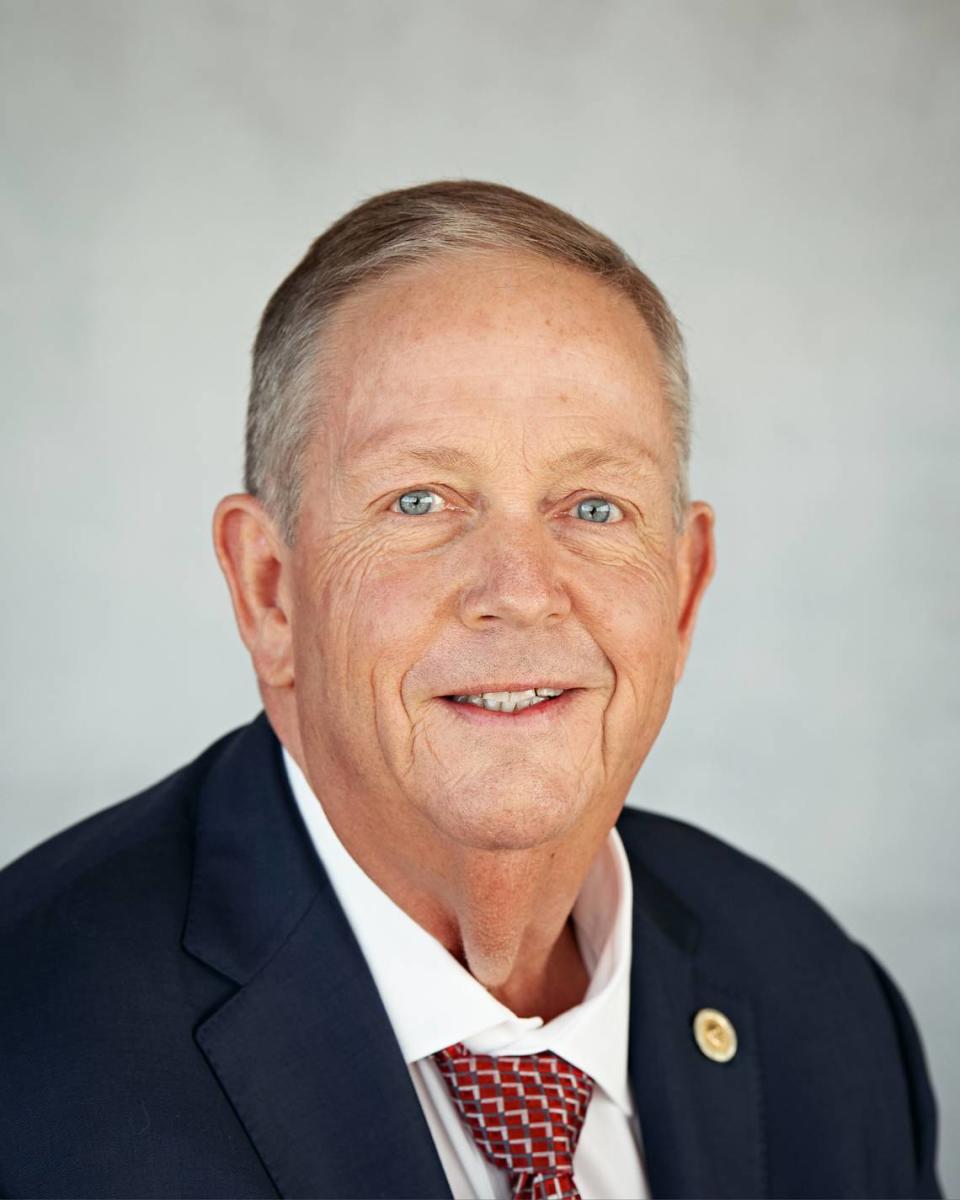UNC System board chair: Why we’re refining our DEI policy | Opinion
The University of North Carolina System serves a diverse student body, just as you’d expect in a fast-growing state like ours. And our public institutions welcome all North Carolinians — a constitutional mandate and mission we are committed to upholding.
With that in mind, the changes in the UNC System’s recently proposed diversity equity and inclusion policy are designed to keep public universities in line with the law, and with principles of nondiscrimination and equal opportunity. Most of all, we want to make sure a commitment to diversity doesn’t become a commitment to political groupthink.

In recent years, we’ve seen some aspects of diversity, equity and inclusion (DEI) cross the line from reasonable efforts to make all students welcome into a form of narrow activism. However well-intentioned, it’s inappropriate to require university students or employees to adhere to a particular view of race, gender or other controversial topics.
We’ve seen recommended diversity training for medical students that includes everything from climate activism to immigration advocacy. We’ve seen DEI officers promote anti-police activism as a form of inclusivity. We’ve seen 17 year-old students required to profess their commitment to denouncing injustice as a condition of studying at our public universities.
These are all fine discussion topics for the classroom or in a student-led organization, and our proposed policy very clearly protects the right of faculty and students to tackle difficult and controversial topics in whatever way they see fit.
But university administrators — state employees who have an obligation to serve all students, not just those who share their politics — should not be in the business of promoting narrow ideologies. Residence life should provide housing, not train students how to think about race or gender identity. Academic support centers should help students with writing, studying and time management, not lecture faculty on the inherent racism of grammar and accuracy.
It isn’t just universities that are revisiting some of the excesses of DEI. Corporations have also been taking a hard look at training programs that promote group identity at the expense of individual dignity. A growing amount of research suggests that such training can actually deepen divisions, not promote inclusion.
Simply put, it’s time for our universities — in day-to-day operations and administration — to stop promoting politically divisive ideologies and keep the focus on the UNC System’s core mission of education, research and public service.
The proposed policy ensures our universities abide by the law while also protecting academic freedom and our faculty’s right to teach as they see fit. It protects centers, student organizations and student activity funding. It also protects the individual rights of students, faculty, and staff to express their own opinions on every topic — including social and political debates.
A truly open environment requires public universities to play the role of a good host. Our responsibility is not to make ourselves heard at the expense of anyone else. A college education is about dialogue. Talking, listening and debating. Our universities are designed to foster those conversations, and that’s a responsibility we take seriously.
There’s no question that students, faculty and staff are going to have varying opinions based on who they are or how they grew up. And our universities will continue to support those individuals and offer a forum for discussion and growth. A college education, at its heart, is about testing ideas and learning how to think for yourself.
Let’s be the host. For everyone. And let’s continue to support student success for every North Carolinian. All are welcome here.
Randy Ramsey is chairman of the University of North Carolina System Board of Governors.

